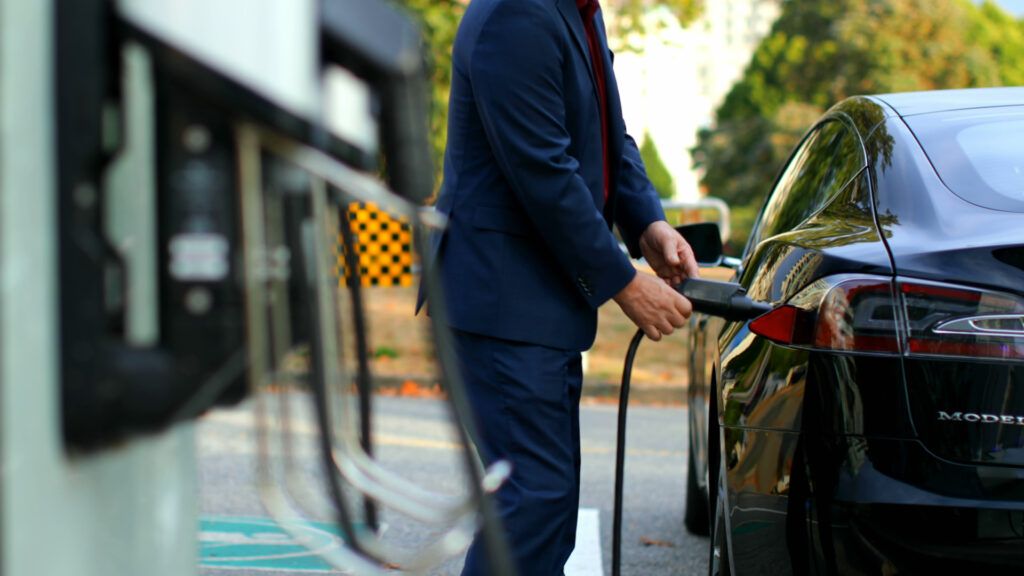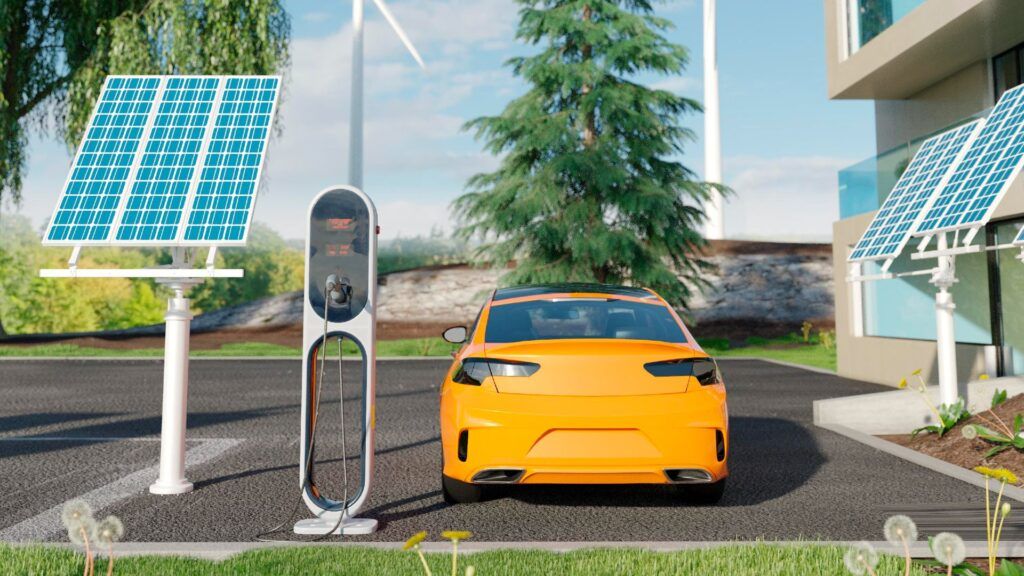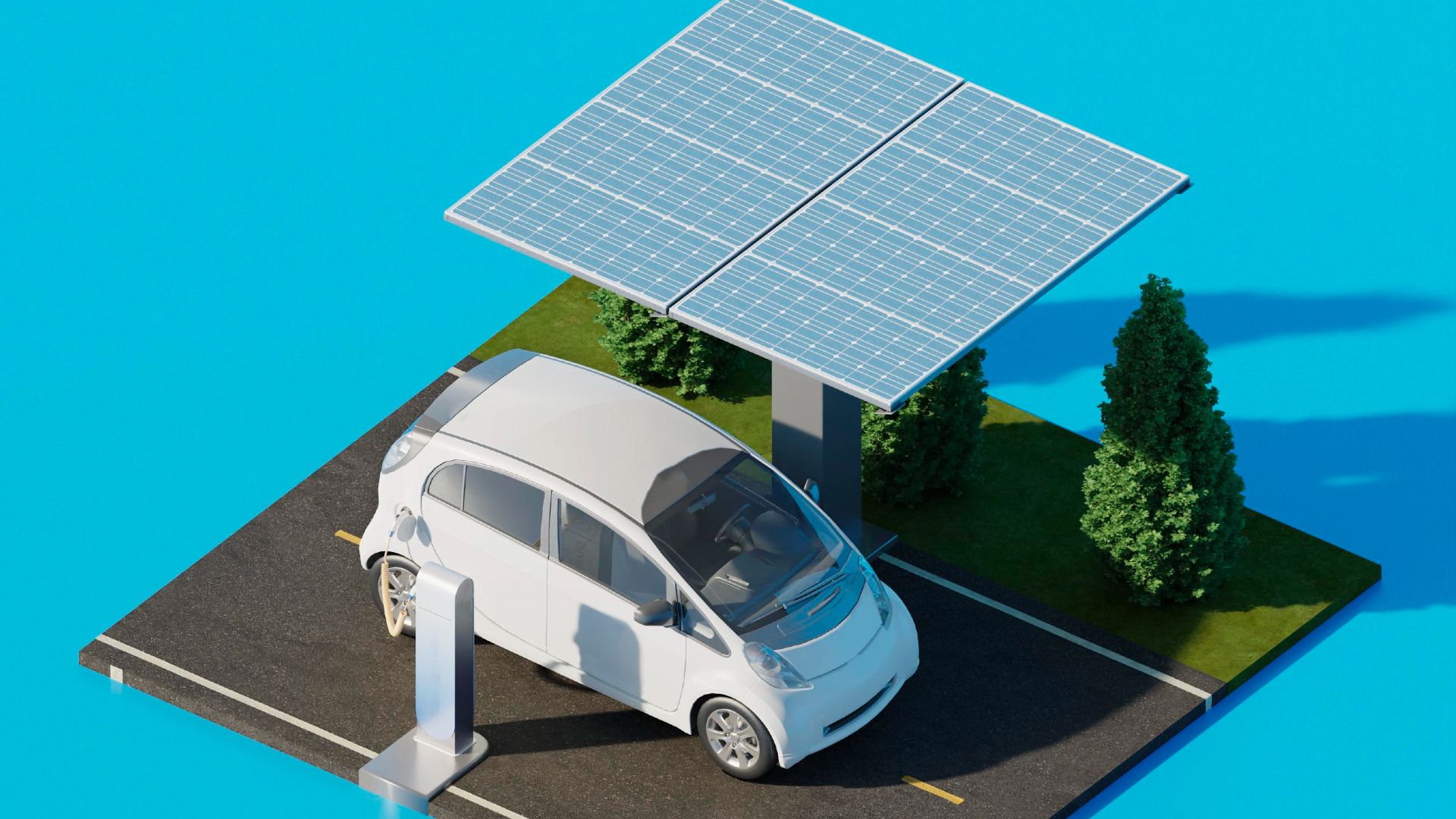There is interesting news for electric vehicles (EVs) owners and EV enthusiasts. IIT-Jodhpur has created an adaptor that can charge vehicles using solar electricity. The development supports Prime Minister Narendra Modi’s vision to enable EV recharging from rooftop solar setups.
The adaptor provides EV users with an affordable solution, expected to cost less than Rs 1,000. According to Nishant Kumar, an assistant professor at IIT Jodhpur, the adaptor can be very beneficial if the project takes off in India.
Nishant Kumar said:
This adaptor’s accessibility and affordability could be a major factor in the widespread adoption of solar-powered EV charging.
Moreover, he pointed out that government subsidies and automakers’ EV marketing strategies are encouraging people to buy electric vehicles.

Solar Energy EV Adaptors: Overcoming Limitations
The timing of the adaptor’s development is critical. Why? The need for electric vehicles is growing due to environmental concerns and the drive toward sustainable resources. However, we have seen that EV batteries often run out of power quickly. Thus, a big worry for prospective consumers is a lack of charging infrastructure and resources. This is a more significant issue when travelling in hilly and remote regions.
The Indian Institute has developed and tested an effective EV adaptor prototype. The best part is that the adaptor is compatible with all kinds of vehicles. In addition, it takes advantage of solar energy, which is an abundant and renewable resource, to address this problem.
Presently, it is difficult to get the maximum power out of a solar panel in the absence of a power converter. Additionally, it requires a charging adaptor. The company-provided charger cannot receive power from a solar panel and run it.
As a result, many nations, including the US, Canada, China, Russia, India, and Australia, are working on solutions and planning to install rooftop solar panels to tackle this problem.
The solution involves mounting a solar panel on a pole and attaching a solar socket to it. Nishant Kumar said that the EV firms will be in charge of operating them.

In Conclusion
The solar-powered EV charging adaptor is a big step towards sustainable mobility. Technology like the adaptor developed by IIT Jodhpur, along with government support for EVs, can drastically lower transportation’s carbon footprint.
Rooftop solar panels, which are becoming increasingly widespread in homes, offer a viable option for EV owners. It minimizes reliance on the grid and encourages the use of sustainable energy.








